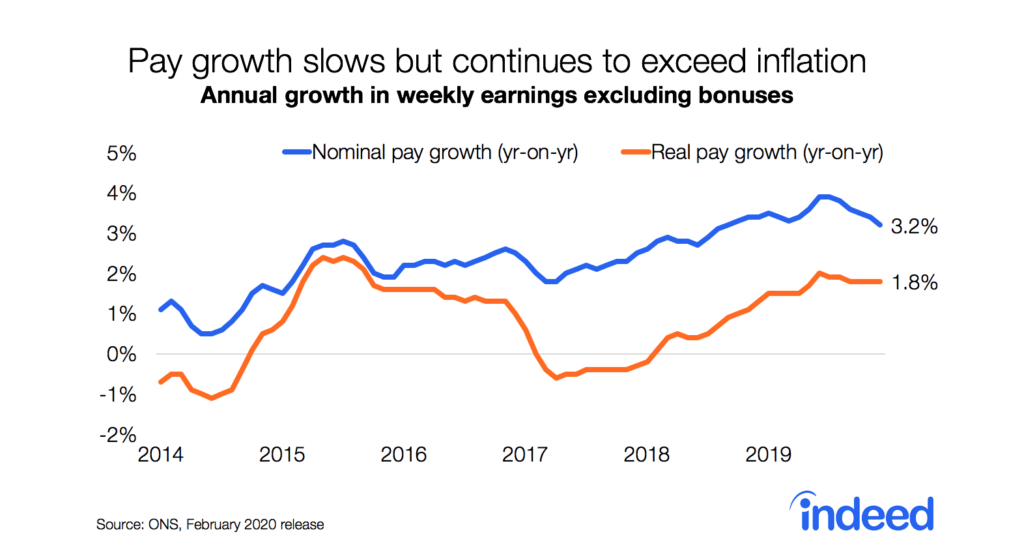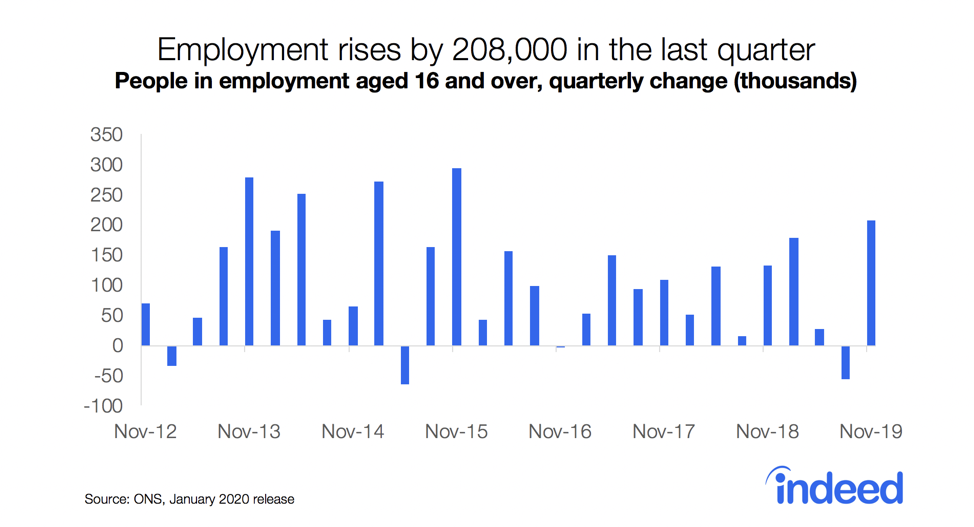Key points
- Little sign of uptick in urgent job search following first reduction in PUP rates
- Care responsibilities frequently cited among those not searching urgently
- Partner incomes, financial cushions and virus concerns also factors
Demand for staff continues to strengthen in Ireland, accompanied by reports of hiring bottlenecks in certain sectors. Some observers have suggested that the unwinding of labour market supports such as the Pandemic Unemployment Payment (PUP) may help ease worker shortages. PUP payments are being tapered ahead being phased out altogether by February 2022, with the first reduction having come into force in September. However, October’s survey indicates little sign of an immediate rise in urgent job search.
To help understand Ireland’s labour market dynamics, the Indeed Hiring Lab surveyed 1,500 people in mid-October, ages 18-64. The sample took in individuals in and out of the labour force, including employed workers, those receiving Pandemic Unemployment Payment (PUP) and the jobless. The goal is to better understand job search activity and get a sharper sense of how behaviour is changing during the economic recovery.
October’s survey suggests most people are still not in a rush to find a new job. For those employers encountering hiring challenges, the situation appears unlikely to ease soon.
Still little urgency to find work
There was little change in urgent job search in October. Around 8% of respondents said they were searching urgently. That was up from 7% in September and in line with August’s 8%. Another 13% were actively searching but without urgency in October, while 27% were passively searching. Over half of respondents were not open to searching (52%).
The most commonly cited reason for people not describing their job search as urgent was care responsibilities (29%). This was followed by ability to get by on partners’ incomes (23%), financial cushions (13%) and health concerns related to COVID-19 for in-person roles (11%).
Hiring challenges look set to persist
For those employers struggling to hire, the first reduction in PUP rates appears to have made little material difference to urgent job search. Several factors seem to be holding it back presently. The gradual erosion of financial cushions could force some people to start searching more intently in the coming months. Though, record levels of Irish household financial net worth suggest many people won’t be keen to take just any job if they don’t particularly fancy it.
Methodology
This blog post is based on an Indeed online survey conducted 11-19 October of 1,500 adults in Ireland ages 18-64. Weights were applied to each survey to match respondent distributions across age, gender, education and ethnicity based on data from the Central Statistics Office.
Statistical agencies define unemployed workers as those who are jobless and actively searching for paid work, either urgently or not urgently. Respondents who are jobless but only passively looking for work or not open to work are not included in the unemployed category, but are considered out of the labour force.






